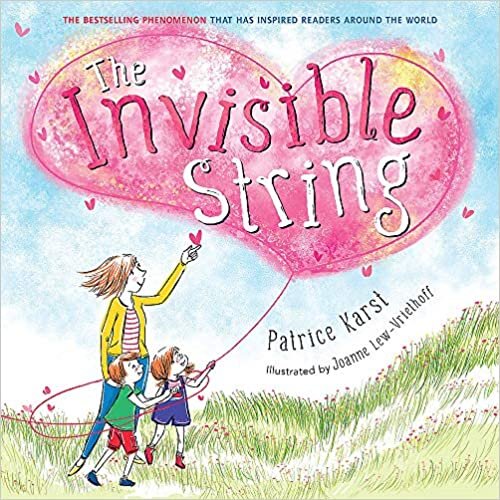Beyond offering up pledges about those crucial concerns, however, what would be refreshing is to hear genuine, full-fledged readiness to uphold human rights from the leaders. That is the key to meaningful progress with respect to all challenges we face, nationally and globally.
Human rights protection is foundational, yet we rarely hear convincing commitments framed from a human rights perspective in elections. Platitudes and posturing, that’s easy. Heartfelt endorsement of the Charter of Rights and Freedoms is commonplace, from some parties. And commendable positions on specific human rights cases or situations do certainly arise, unevenly and sporadically.
But a compelling vision for concretely putting human rights at the heart of Canada? Not so much. In fact, not at all.
We need leaders to make it clear that they will assess issues, craft policy, reform laws, set budgets, and make decisions, always, through a human rights framework.
Not only when it is convenient. Not as a secondary afterthought. And certainly not just by putting feel-good human rights language in more press releases.
Taking human rights seriously is about equality, agency, accountability, remedies, transparency, and consistency. That is essential when it comes to COVID recovery, climate justice, Indigenous rights, dismantling racism, advancing gender equality, governing the internet, and protecting refugees. That is fundamental in responding to crises in Afghanistan, Haiti, Ethiopia, China, Israel/Palestine, Venezuela, Syria, Yemen, Colombia, Myanmar, and elsewhere.
Above all else, it is how we will ultimately realize an equitable and sustainable world.
We could (and certainly should) ask the parties to provide us with human rights laundry lists. How will they rectify Canada’s various human rights shortcomings? What international human rights treaties will they ratify among the many we have not yet taken on board? Will they reconceive our relationships with the many countries with whom we regularly prioritize politics and economics over human rights? That would of course be welcome.
But more crucially, we need commitments that are transformative, not only reactive. Commitments that are overarching, not piecemeal. Commitments that are not just in the moment but will stand the test of time.
Here are three that would make a difference.
First, ensure that Canada’s stance on the world stage is consistently guided by international human rights standards. The Trudeau government adopted a feminist international assistance policy in 2017 and has been consulting with civil society towards a broader feminist foreign policy. The government has also put in place new guidelines for our diplomats to better protect human rights defenders around the world. Those are all steps in the right direction. But there is much further to do. Will parties commit to a legislated requirement to implement an international human rights action plan across the entirety of Canada’s global affairs?
Ensuring equitable vaccine availability worldwide, responding to the downward spiral in Afghanistan, selling armoured vehicles to Saudi Arabia, pushing Iran for accountability for shooting down Ukrainian International Airlines flight 752, working to free Canadians imprisoned abroad, acting on concerns about Canadian mining companies in Latin America, setting refugee policy along the US border, calling Israel out on illegal settlements in Occupied Palestinian Territory, or squaring the Beijing Olympics with what is happening to Uyghurs and in Hong Kong? Human rights must reliably be the overriding consideration in setting Canada’s course globally.
Second, shut down the growing inclination to use the Charter of Rights’ problematic notwithstanding clause. Provincial governments have recently recklessly used this escape hatch three times to avoid human rights obligations: twice in Quebec and once (almost twice) in Ontario.
Ottawa doesn’t write provincial laws. And we aren’t about to amend the Charter, a near-impossible (certainly Herculean) task. It would be helpful, however, for all federal parties to unequivocally promise – backed up by legislation – never to resort to section 33.













